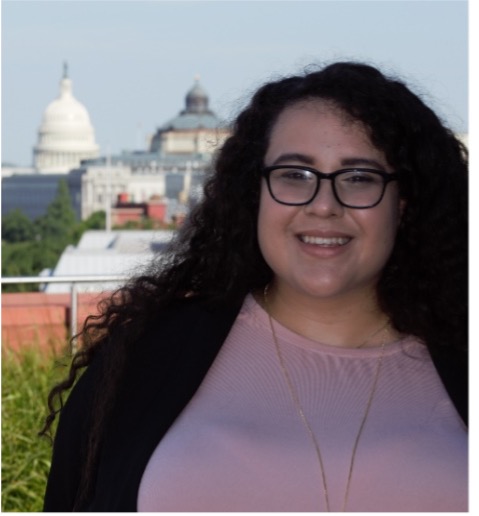Just over one month after introduction, the Subcommittee for Indigenous Peoples scheduled a hearing on H.R. 4153
September 16, 2019 (Washington, DC) – On Thursday, September 19, 2019, the House Subcommittee for Indigenous Peoples of the United States will host a Legislative Hearing on H.R. 4153 (Rep. Ro Khanna), “Health Care Access for Urban Native Veterans Act” in 1324 Longworth. NCUIH Board Vice President and CEO of the Indian Health Center of Santa Clara Valley Sonya Tetnowski (Makah) will be testifying before the Subcommittee.
“We owe all veterans a debt for their service to our country, and this legislation will ensure more Native veterans have equal access to timely, culturally-competent care regardless of where they choose to live after leaving their military service,” said Senator Tom Udall, Vice Chairman of the Senate Committee on Indian Affairs. “I am glad to see the House take action on this bill, which continues my work toward equitable and effective health care for all Native communities, and look forward to the Senate soon following suit.”
“This bill is about fixing a disparity in our health care system that should have never existed in the first place. Native Veterans should be able to access the same level of culturally competent care whether they live in an urban or rural area. These are our nation’s heroes: they deserve the best our government has to offer,” said Representative Ro Khanna.
“I have long supported giving veterans a choice in how they access their health care. Alaska Native veterans and veterans from Native communities across our country deserve to seek care at facilities that are close to their homes and from doctors who they feel most comfortable with. This legislation is simple: if a Native veteran accesses care from an Urban Indian Organization clinic, then that clinic should be reimbursed by the VA for services provided. Our veterans risked everything to keep our country safe, and this legislation is an important part of ensuring that our heroes receive the care they have earned. I am grateful to Representatives Khanna, Moore, and Gosar for their leadership on this issue and look forward to working with them to get it past the finish line,” said Representative Don Young.
“Just over one month after its introduction, it is promising to see the Subcommittee has taken up Health Care Access for Urban Native Veterans Act for a hearing. We are encouraged to see continued movement on this important legislation ensuring that our veterans in urban areas are no longer left behind. If it passes into law, the Department of Veterans Affairs will have the explicit authority to reimburse the 41 Title V Urban Indian Organizations who are already providing critical resources for American Indian and Alaska Native veterans who have served the United States,” said NCUIH Executive Director Francys Crevier.
“I am honored to testify on behalf of both veterans and American Indians and Alaska Natives for the Health Care Access for Urban Native Veterans Act. The National Council of Urban Indian Health has made it a priority to ensure that Urban Indian Organizations are included in the IHS-VA MOU to help provide health care to American Indian and Alaska Native veterans. As a Native veteran myself, I understand the importance of coming home and knowing I have a safe space to receive care. Thank you to my own Representative Ro Khanna, and we are grateful for the leadership of the 116th Congress for continuing to move forward on passing this landmark legislation,” said NCUIH Vice President and CEO of the Indian Health Center of Santa Clara Valley Sonya Tetnowski.
Representative Ro Khanna and Senator Tom Udall, Vice Chairman of the Senate Committee on Indian Affairs, introduced the Health Care Access for Urban Native Veterans Act, a bill to improve health care access for Native American Veterans by providing Department of Veterans Affairs (VA) coverage for care that Native American Veterans receive at urban Indian health centers. This legislation would include “urban Indian organizations” in the statute requiring the VA to reimburse Indian Health Service (IHS) and Tribal health facilities for services they provide to native veterans. According to the VA, 61% of Native American veterans do not reside in rural areas.
VA-IHS MOU Background
Bill Background
###
About the National Council of Urban Indian Health
The National Council of Urban Indian Health (NCUIH) is the national organization devoted to the support and development of quality, accessible, and culturally-competent health services for American Indians and Alaska Natives (AI/ANs) living in urban settings. NCUIH envisions a nation where comprehensive, culturally competent personal and public health services are available and accessible to AI/ANs living in urban communities throughout the United States. NCUIH is the organization that represents all 41 Title V Urban Indian Organizations (UIOs) federally funded by the Indian Health Service.



